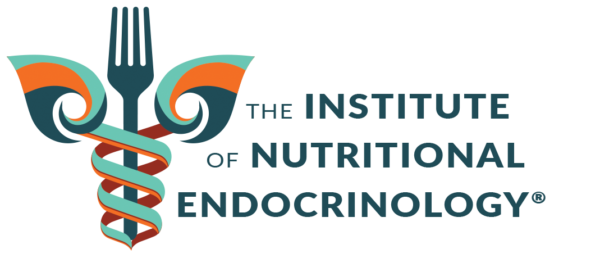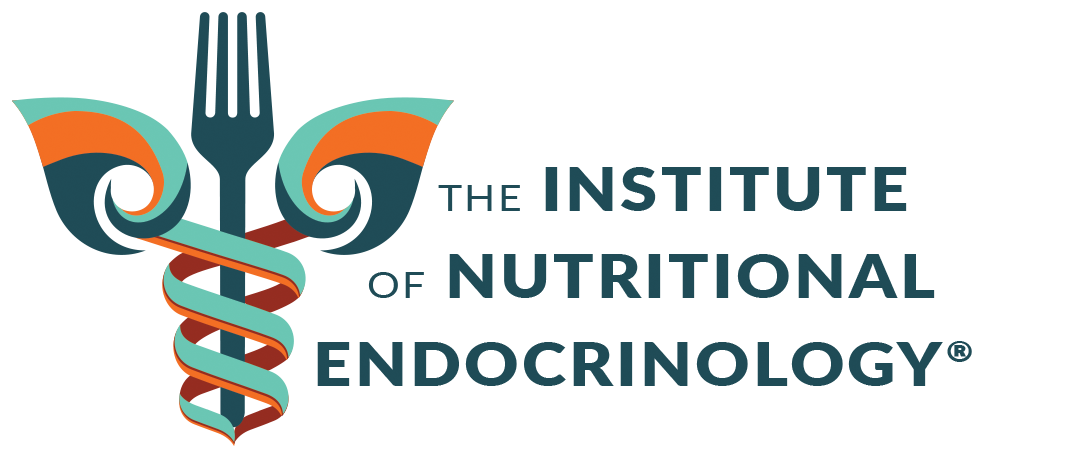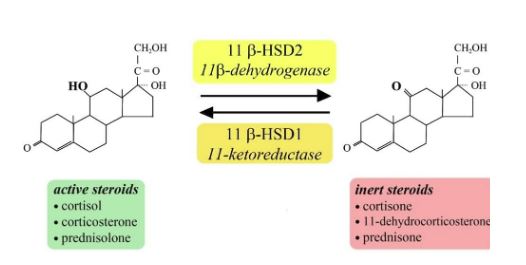NEPT Clinical Pearls
NEPT Facebook Group – April 5th, 2019
Nutritional Endocrinology Practitioner Training (NEPT)
Clinical Pearl
April 5th, 2019
Create your own post to the NEPT Facebook group. Share any tidbits and gems using #NEPTClinicalPearl
Insulin Resistance in the News – March 29th, 2019
Nutritional Endocrinology Practitioner Training (NEPT)
Clinical Pearl
March 29th, 2019
Insulin Resistance in the News
Do you like raspberries? A recent article in the journal Obesity reports on research that says that eating red raspberries at breakfast could improve glycemic control.
Britt Burton-Freeman, PhD, director of the Center for Nutrition Research at the Institution for Food Safety and Health, and associate professor of food science and nutrition at the Illinois Institute of Technology in Chicago, says “… consuming certain polyphenols regularly could be an effective strategy to manage and reduce the risk of diabetes and other diseases with metabolic underpinnings, including their associated complications.”
Blood Sugar and Insulin Musings – March 22nd, 2019
Nutritional Endocrinology Practitioner Training (NEPT)
Clinical Pearl
March 22nd, 2019
Blood Sugar and Insulin Musings
I’m in the midst of getting ready for launching Sweet Spot again. If you are certified in IRSPT, reach out to Lynn to apply to be a coach.
I’ve been getting frustrated by horror stories of people not getting the right testing done.
Download my new e-book that I‘m giving away as part of this Sweet Spot launch.
There’s a video that goes with it too, here.
Insulin Resistance – March 15th, 2019
Nutritional Endocrinology Practitioner Training (NEPT)
Clinical Pearl
March 15th, 2019
The Critical Importance of Sleep – March 8th, 2019
Nutritional Endocrinology Practitioner Training (NEPT)
Clinical Pearl
March 8th, 2019
The Critical Importance of Sleep
I’ve just started listening to a book called Why We Sleep, by Matthew Walker, recommended to me by Maria Horstmann.
There are some fascinating stats and statistics concerning the actual physiological and psychological reasons we “waste” ⅓ of our time in an unconscious state.
For those of us who like to “push the envelope” and try to stay awake longer than we should, it’s a startling wake-up call.
Check it out and let’s discuss on the Facebook Group.
Book Reviews – February 22nd, 2019
Nutritional Endocrinology Practitioner Training (NEPT)
Clinical Pearl
February 22nd, 2019
To Believe or Not to Believe (In Studies) – February 16th, 2019
Nutritional Endocrinology Practitioner Training (NEPT)
Clinical Pearl
February 16th, 2019
Cortisol and Cortisone Metabolism – February, 9th, 2019
Nutritional Endocrinology Practitioner Training (NEPT)
Clinical Pearl
February, 9th, 2019
Cortisol and Cortisone Metabolism
In researching an unusual pattern on the DUTCH test, I came across this article explaining the enzymatic regulation of cortisol to cortisone, and vice versa.
The pattern I was looking into had to do with a post-menopausal female with low total free cortisol, and high normal metabolized cortisol and cortisone.
I was wondering if there was a connection with hypertension, and started researching.
Here are the articles I found. I will post my conclusions on another Clinical Pearl.
- Cortisol metabolism and the role of 11beta-hydroxysteroid dehydrogenase
- HSD11B2 hydroxysteroid 11-beta dehydrogenase 2
- 11β-Hydroxysteroid Dehydrogenase Type 1(11β-HSD1) mediates insulin resistance through JNK activation in adipocytes
HeartMath- February 1st, 2019
Nutritional Endocrinology Practitioner Training (NEPT)
Clinical Pearl
February 1st, 2019
Revisit HeartMath as an amazing resource for your clients.
EMFs and Health – January 25th, 2019
Nutritional Endocrinology Practitioner Training (NEPT)
Clinical Pearl
January 25th, 2019
EMFs and Health
I got into a surprising discussion with 2 people about EMFs and their impact on health. Both are “scientists,” and one is a Naturopath.
They claim that based on the way the waves interact with the human body (or don’t), that there is no validation for the statement that EMFs can be dangerous.
What’s your opinion? What evidence do you have to support it?
I admit to not being a “physics” person, and not really jumping in and understanding the science from a physics perspective. I do have a “sense” that it can’t be good, and I’ve seen clinically how people‘s health can get disrupted. They attribute that to the “Nocebo” effect – meaning they react poorly because they expect to.
That may be the case for some, but all too often, we see clients who don’t even know anything about the effect of having the cell phone by the head at night, and are having disrupted sleep, moods, digestion blood sugar, and more – and when we can convince them to remove the EMF sources in the bedroom, they feel better.
I’d love to discuss this on a call or in the Facebook group, or both. Please post any studies or articles you find compelling. Thanks so much.


